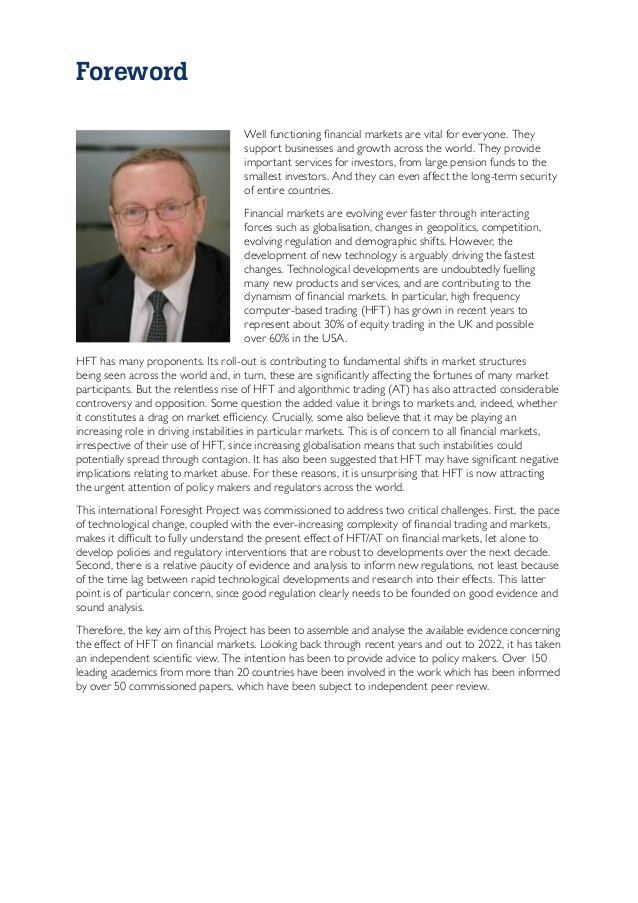BlackRock Says Predatory HighFrequency Trading Is Abuse Bloomberg Business
Post on: 27 Май, 2015 No Comment

April 9 (Bloomberg) — BlackRock Inc. the world’s largest money manager, said predatory high-frequency trading is market abuse and should be treated as such by regulators.
“However, ‘high frequency trading’ encompasses a wide variety of trading strategies and care must be taken to differentiate predatory practices from practices that benefit end-investors,” the New York-based firm said today in a research paper authored by executives including Barbara Novick, vice chairman, and Richie Prager, head of trading and liquidity strategies.
Exchanges and regulators need to establish a robust framework to police and identify abuses, while also being careful to distinguish them from practices that ultimately benefit investors such as electronic market-making, BlackRock said.
High-frequency traders have come under unprecedented scrutiny after author Michael Lewis published “Flash Boys,” a book released March 31 that says high-speed traders, Wall Street brokerages and exchanges have rigged the $23 trillion U.S. stock market. New York Attorney General Eric Schneiderman is examining privileges such as enhanced data feeds marketed to high-speed firms, while the Federal Bureau of Investigation is looking into whether those traders are breaking U.S. laws by acting on nonpublic information.
Vanguard’s View
Individual investors shouldn’t be affected by high-frequency trading because of the way small orders get filled under normal market conditions, according to BlackRock. For institutional investors, there is the risk that transaction costs could be inflated by predatory high-frequency trading, the firm said. To combat that, BlackRock uses technology to assess execution venues, employs different trading tactics and measures execution quality before, during and after a trade is completed.
Vanguard Group Inc. the world’s largest mutual-fund company, said last week that only a minority of high-frequency traders may be hurting investors. Bill Gross, chief investment officer of Pacific Investment Management Co. said in a Bloomberg Radio interview with Tom Keene on April 4 that Lewis has an argument and changes should be made in equity trading. Each individual investor should have an equal opportunity to place an order and get it to its final destination, Gross said.
Einhorn, Ackman
Lewis’s book centers on Brad Katsuyama, president and chief executive officer of IEX Group Inc. an exchange that opened in October. While IEX welcomes high-frequency traders as market makers, the firm has curbs that slow the pace of buying and selling. It’s pitching itself as a haven for asset managers who want protection from trading practices they consider predatory. Money managers including Capital Group, David Einhorn’s Greenlight Capital Inc. and Bill Ackman’s Pershing Square Capital Management LP are shareholders.
BlackRock manages about $2.3 trillion in stocks, or 57 percent of the $4 trillion it oversees in long-term assets as of Dec. 31, according to a regulatory filing.
To contact the reporter on this story: Alexis Leondis in Washington at aleondis@bloomberg.net
To contact the editors responsible for this story: Christian Baumgaertel at cbaumgaertel@bloomberg.net Josh Friedman














